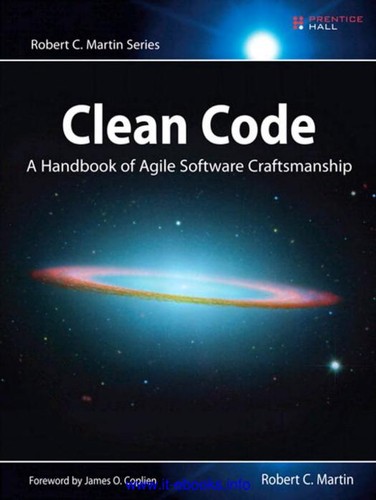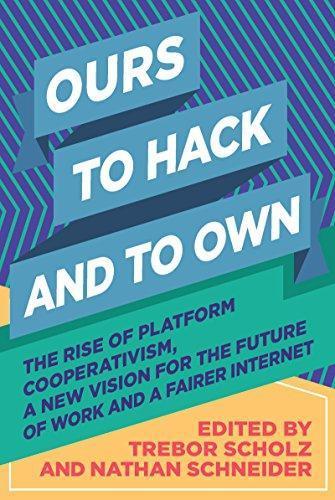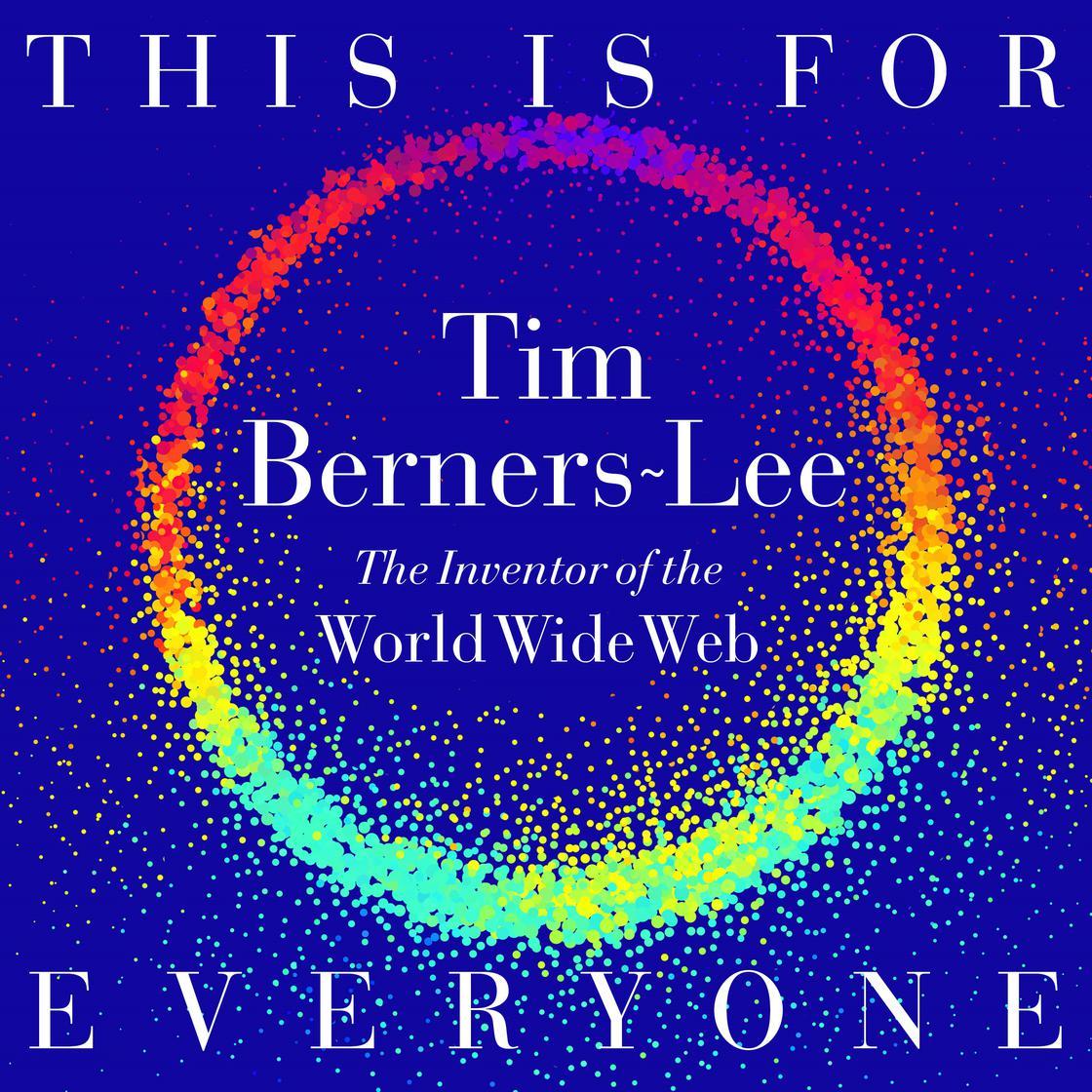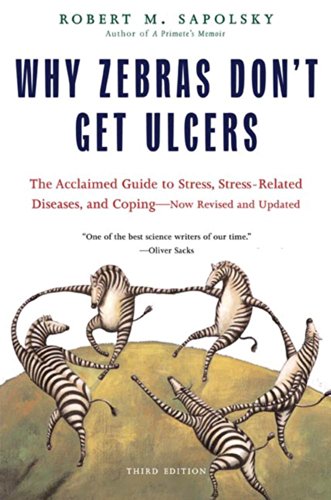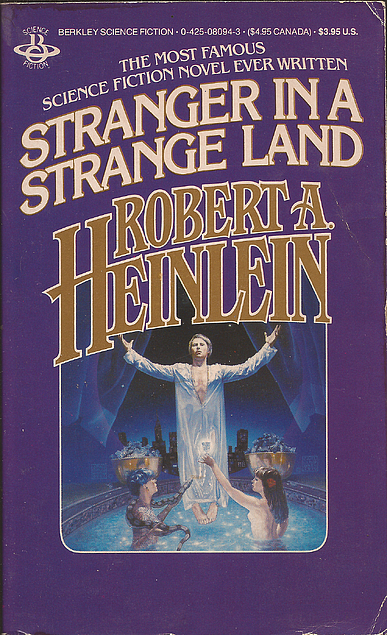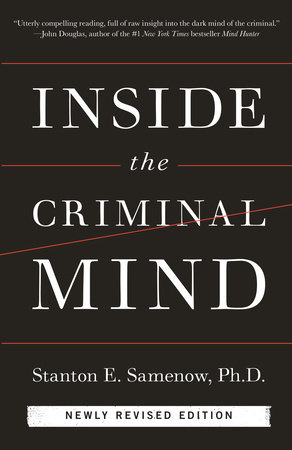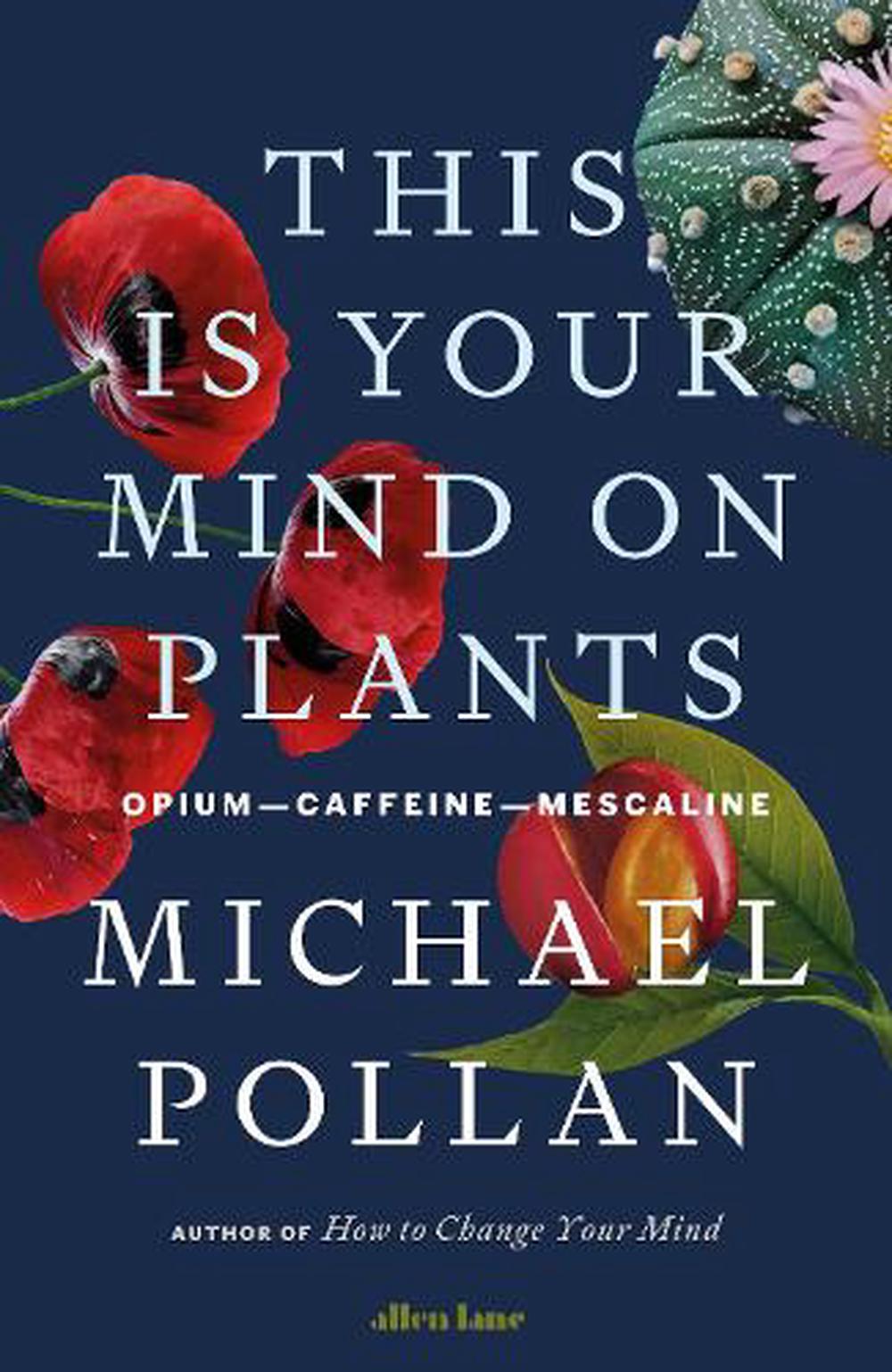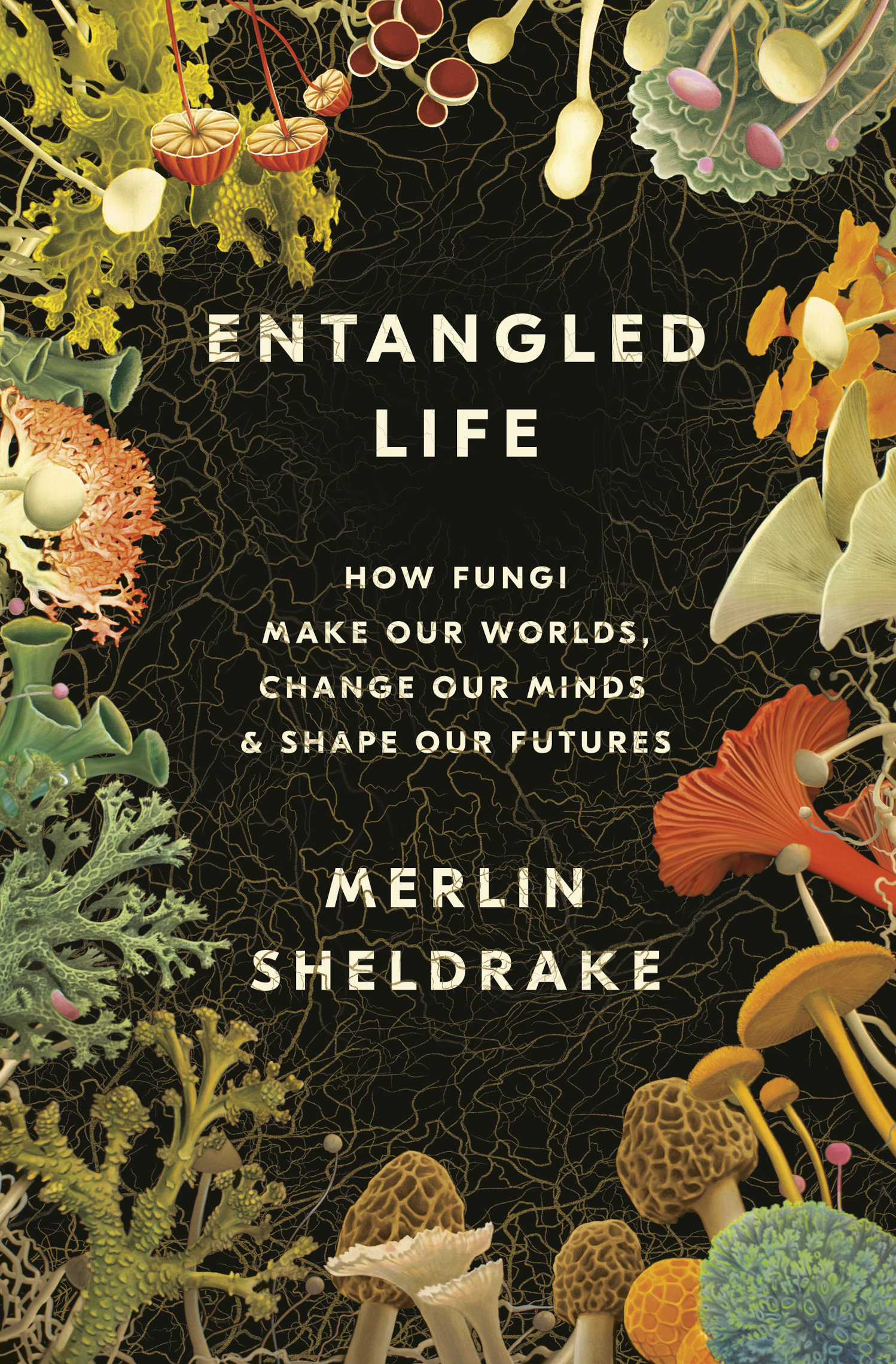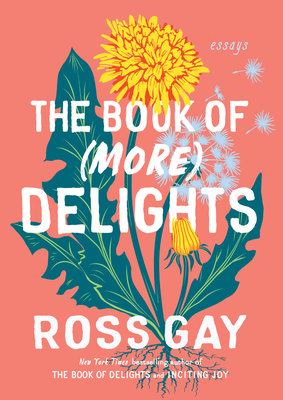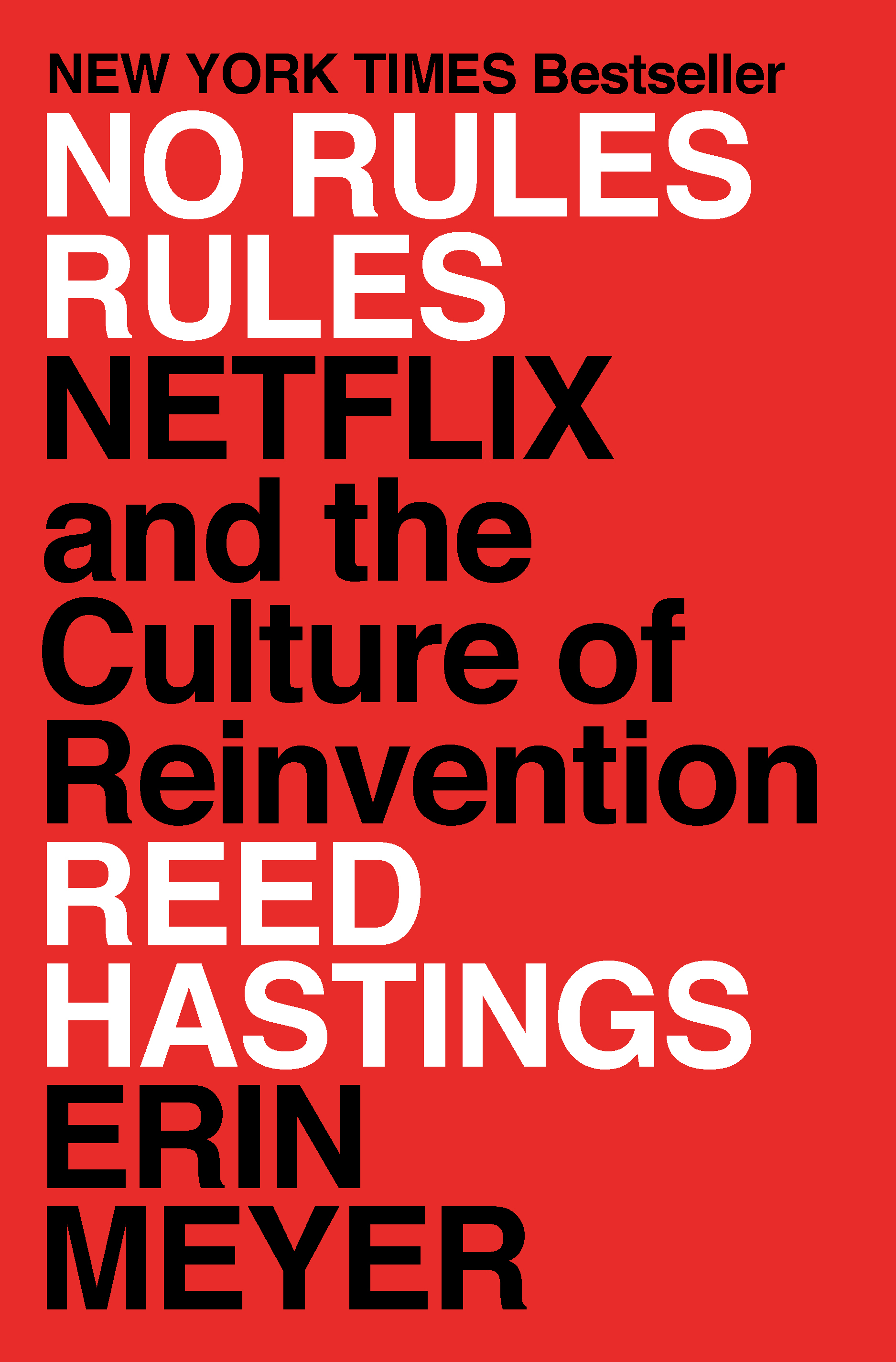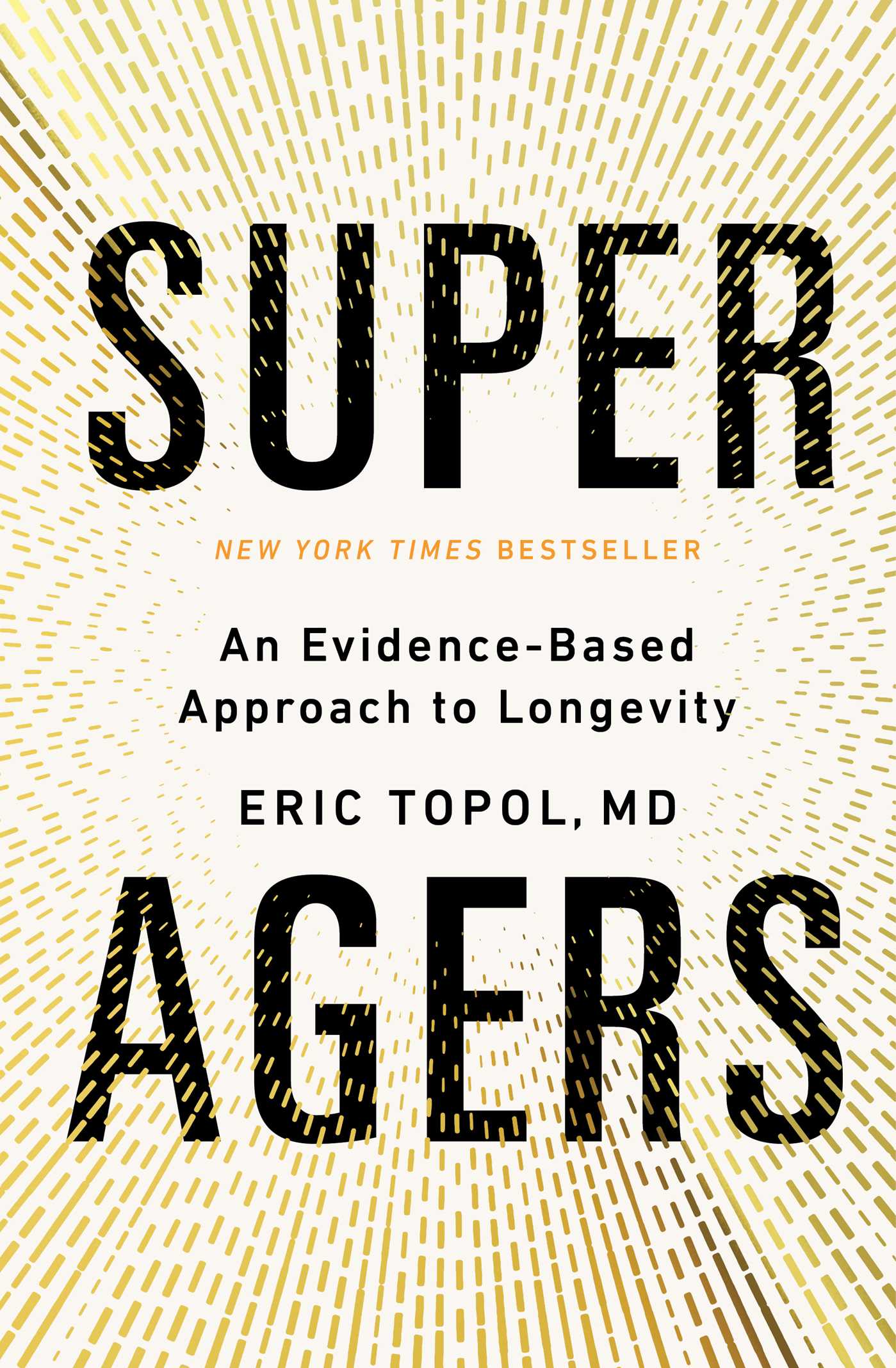2017? How did I miss this?
Reviews and Comments
Nonfiction audio is my main thing. Autobiographies, parenting, science, social issues, and some business or anything educational.
I consider nonfiction to be a healthier and more useful view of the world than the news.
I have a few Mastodon accounts, like @travisfw@fosstodon.org
This link opens in a pop-up window
Travis F W started reading This Is for Everyone by Tim Berners-Lee
Context for Cory Doctorow's Enshittification @emmecola@mastodon.uno @pluralistic@mamot.fr
Travis F W wants to read Why Zebras Don't Get Ulcers by Robert M. Sapolsky
Travis F W stopped reading Stranger In a Strange Land by Robert A. Heinlein
Travis F W wants to read Aroused by Randi Hutter Epstein MD
Since I was forced to take ritalin for five years of my chirdhood my endocrine system has been fucked. I have always been at a loss to describe these challenges, and learning about it has always taken a back seat to higher priorities like major depression and paying bills and PTSD triggers. But I have learned that some amino acid supplements can be really helpful at the right times (when I'm deficient) and it is time for me to tackle this. Maybe gain some insight into anhedonia while I am at it.
Travis F W commented on Stranger In a Strange Land by Robert A. Heinlein
When #Heinlein illustrated the Martian's maturity by having him kill someone and then have sex, and then go out on his own, and subsequently had the main female character say something victim blaming about rape, my interest in this book dropped to little more than a poorly substantiated drive to finish what I start.
Travis F W wants to read This Is Your Mind on Plants by Michael Pollan
Travis F W started reading Entangled Life by Merlin Sheldrake
Travis F W started reading Stranger In a Strange Land by Robert A. Heinlein
My partner wants to read this to me. Holding up pretty well, except for some tired sexist tropes (nothing too horrific … what do I expect from 40+ years), Heinlein's failure to predict cell phones, and the successful missions to Mars in recent decades. Still quite a few good lines and thought provoking scenarios.
Travis F W finished reading The Book of (More) Delights by Ross Gay
a good long list of #favoriteThings in an appendix in the back. Thank you, Ross Gay.

